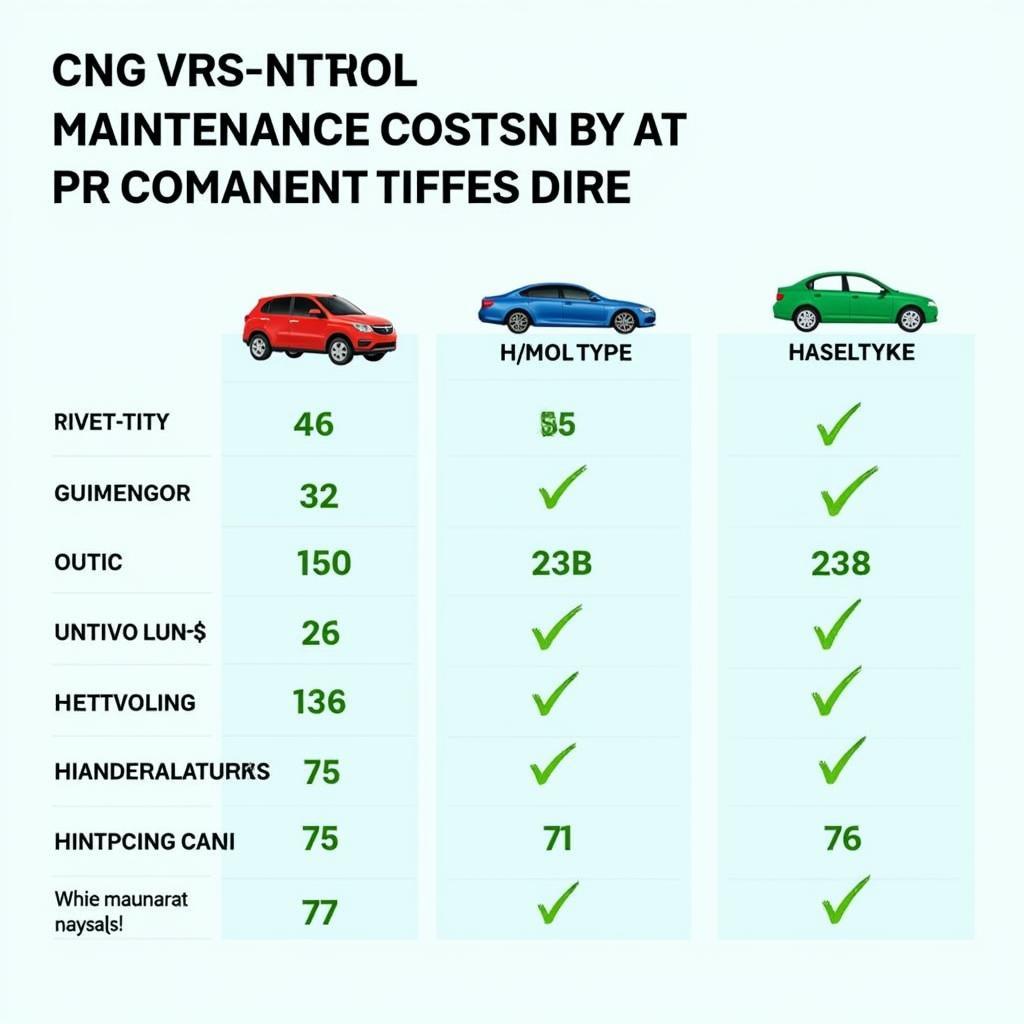A new car should be trouble-free, right? But what if your brand-new vehicle refuses to start? This article addresses the perplexing issue of New Car Starter Problems, offering troubleshooting tips, potential causes, and solutions. We’ll delve into the intricacies of why a new car might experience starting issues and guide you toward resolving them.
Experiencing car troubles already? Check out this article on common problems if car wont start.
Why is My New Car Having Starter Problems?
It’s frustrating when a new car won’t start. Several factors can contribute to new car starter problems, even in vehicles fresh off the lot. These range from simple issues like a dead battery or loose connections to more complex problems within the starter motor itself. Don’t panic! Many of these issues are easily diagnosed and rectified.
Could it be the Battery?
Even new car batteries can fail. Manufacturing defects or improper storage before installation can lead to premature battery failure. A simple battery test can quickly determine if this is the culprit.
Is the Starter Motor Malfunctioning?
Sometimes, the starter motor itself is faulty. This is less common in new cars but can still occur. A clicking sound when turning the key is often a sign of a failing starter motor. Other signs might include a grinding noise or the engine not turning over at all.
What About the Ignition Switch?
The ignition switch is responsible for sending power to the starter. A malfunctioning ignition switch can prevent the car from starting altogether.
Have you considered brake system problem car won’t start? It’s a less common issue but can cause starting problems.
Troubleshooting New Car Starter Problems
Before rushing to a mechanic, you can try some basic troubleshooting steps:
-
Check the Battery: Use a multimeter to check the battery voltage. A reading below 12.6 volts indicates a weak or dead battery. Try jump-starting the car. If it starts, the battery is likely the issue.
-
Inspect the Battery Connections: Ensure the battery terminals are clean and tightly connected. Corrosion or loose connections can disrupt the flow of electricity to the starter.
-
Test the Starter: If the battery is good and connections are secure, the starter might be the problem. You can test the starter using a multimeter or by tapping it gently with a hammer while someone tries to start the car (use caution with this method).
You can learn more about troubleshooting other car problems with this handy guide on troubleshooting car problems diagnostic flowcharts.
Expert Insights
“Often, a new car starting problem is as simple as a dead battery,” says Michael Carter, ASE Certified Master Technician. “Always check the battery first before assuming something more complex.”
“Loose battery connections are another common culprit,” adds Susan Miller, Automotive Electrical Engineer. “A quick visual inspection and tightening of the terminals can save you a trip to the mechanic.”
Conclusion
New car starter problems can be frustrating, but understanding the potential causes and applying some simple troubleshooting steps can often resolve the issue quickly. Remember to check the battery, connections, and starter motor. If you’re still experiencing difficulties, consult a qualified mechanic. For expert assistance, connect with us at AutoTipPro. Call us at +1 (641) 206-8880 or visit our office at 500 N St Mary’s St, San Antonio, TX 78205, United States.
Are you experiencing other issues as well? This article on car electrical problems symptoms might provide some answers.
If you’re having trouble with your wheel bearings, this article about car problems wheel bearings can help.





Leave a Reply